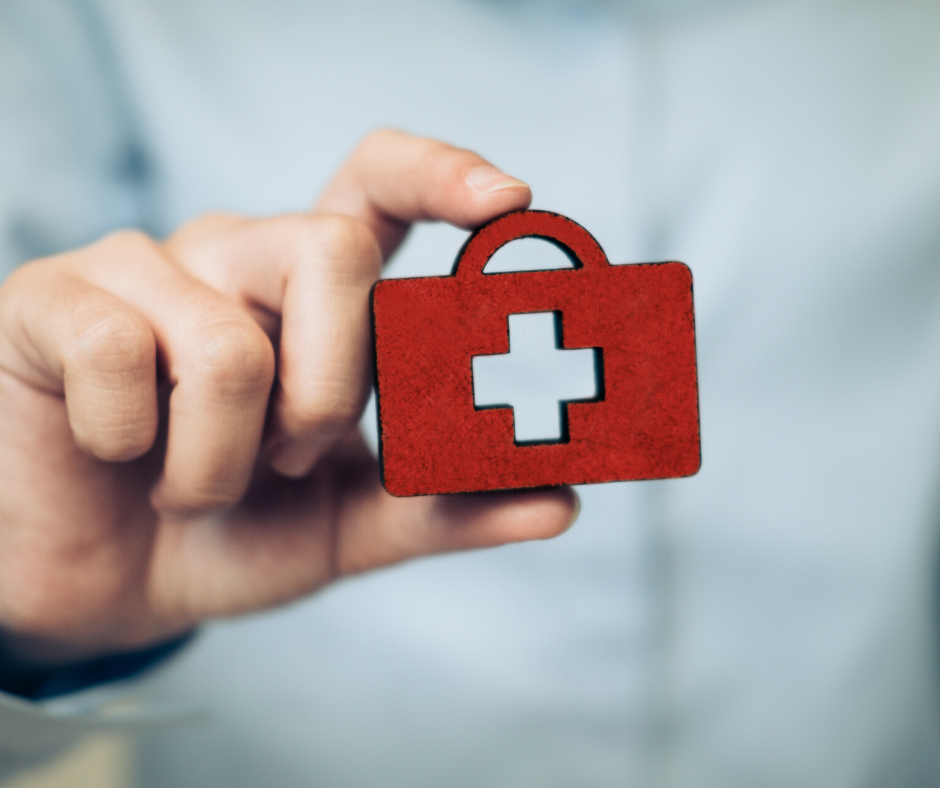In this post, I want to focus on the coverage you may have on your policy but have no idea how it applies to you or your family in case of an accident. If you don’t have this coverage, it’s certainly a coverage that you should carry. This is medical expense payments (or med pay) coverage.
What does med pay cover?
Med pay coverage covers you, any household member and anyone in your vehicle that is injured in an accident. This coverage will pay for accident-related injuries to all the occupants of your vehicle, whether they are a family member or not. Med pay coverage can be a great help in paying deductibles and co-pays for your incurred medical bills. Med pay also applies to any members of your household that are injured in an accident while occupying another vehicle. Certain exclusions could apply.
To give you a perspective of how broad this coverage can be, I’ll give you one example. Please keep in mind all insurance policies have exclusions and provisions that can limit your use of this coverage. For instance, you go to the grocery store and it’s been snowing. The snow and ice covered the parking lot and you park your vehicle and open the door. As you start to get out, you slip on the snow and ice and as you fall, your shoulder strikes the rear bumper separating your shoulder. Obviously, medical treatment is necessary. Or, let’s say you made it into your car, and you are heading home. Someone blows through a stop sign and T-bones your car causing your injury.
Many policies may cover your medical bills under your med pay coverage up to the limits. While all policies have exclusions, it is possible the med pay coverage on your policy will cover you while you are touching your vehicle and are injured in any way. While I mentioned there is no certain way to know if this coverage applies in your particular accident, consulting your agent is a good place to start. Reading your policy can be a daunting task in itself, however, the med pay portion is probably the easiest to understand.
Calculating Med Pay
I have saved the best news for last. In Virginia, you should stack your med pay coverage limits one vehicle on top of the other. In other words, multiply your limits by the number of vehicles on your policy. If you have $5,000.00 in coverage limits on the three vehicles on your policy, you actually have $15,000.00 in coverage available for each of your household members and anyone riding as a passenger in your vehicle. Med pay coverage is also very inexpensive. Therefore, everybody can afford to carry this coverage. Or, put another way, you can’t afford not to.
Collecting Med Pay
Collecting med pay coverage for injuries sustained in an auto accident has no effect whatsoever on any injury claim you may have against an at-fault driver. The other insurance company cannot come back to you in an attempt to recover any of the money you received through your med pay coverage. That is why this coverage is so important in helping with deductible and co-pays.
Get a Policy Check-Up
Even if you haven’t been in an accident, it’s a good idea to have a policy checkup. Most people continue to pay their premiums without any consideration of looking closely at their coverage until they need it. At Osterbind Law, we have seen many shocked and surprised clients when we advise them they don’t carry coverage that could have aided them greatly in their physical recovery. Many times, folks neglect to buy med pay coverage, maybe because they already have health insurance. Today, many health insurance plans do carry a high deductible.
Your agent can help you understand your coverages, however, we see accidents and coverage concerns on a daily basis. By then, it’s too late to add any coverage. Here at Osterbind Law, we are more than happy to review your policy and offer suggestions at no charge. If you have the unfortunate experience of being involved in an accident and need our services, you will need these coverages to recover the maximum amount of damages you are entitled to under the law.
Give us a call and set up your free Insurance Policy Check-Up.








